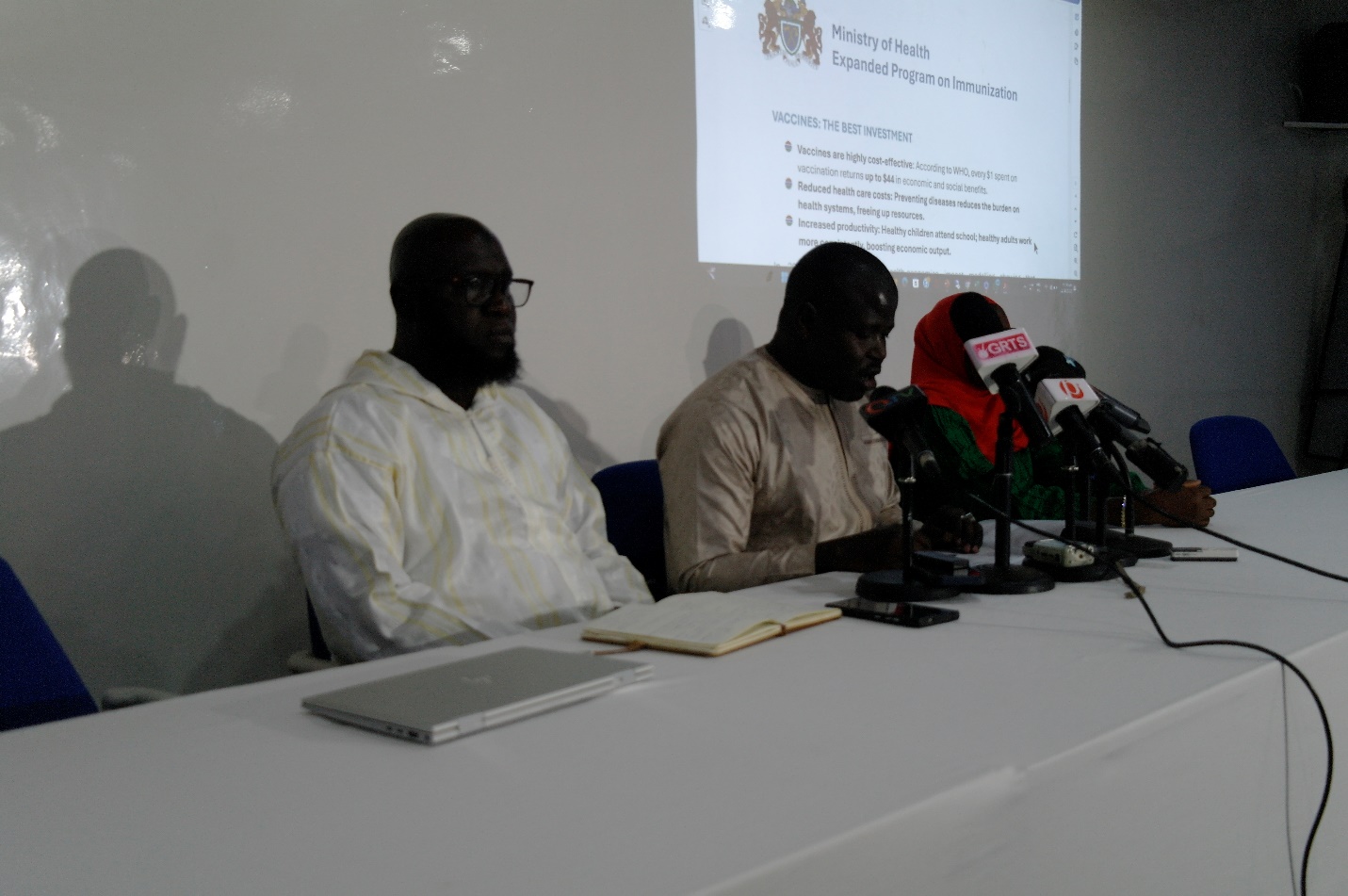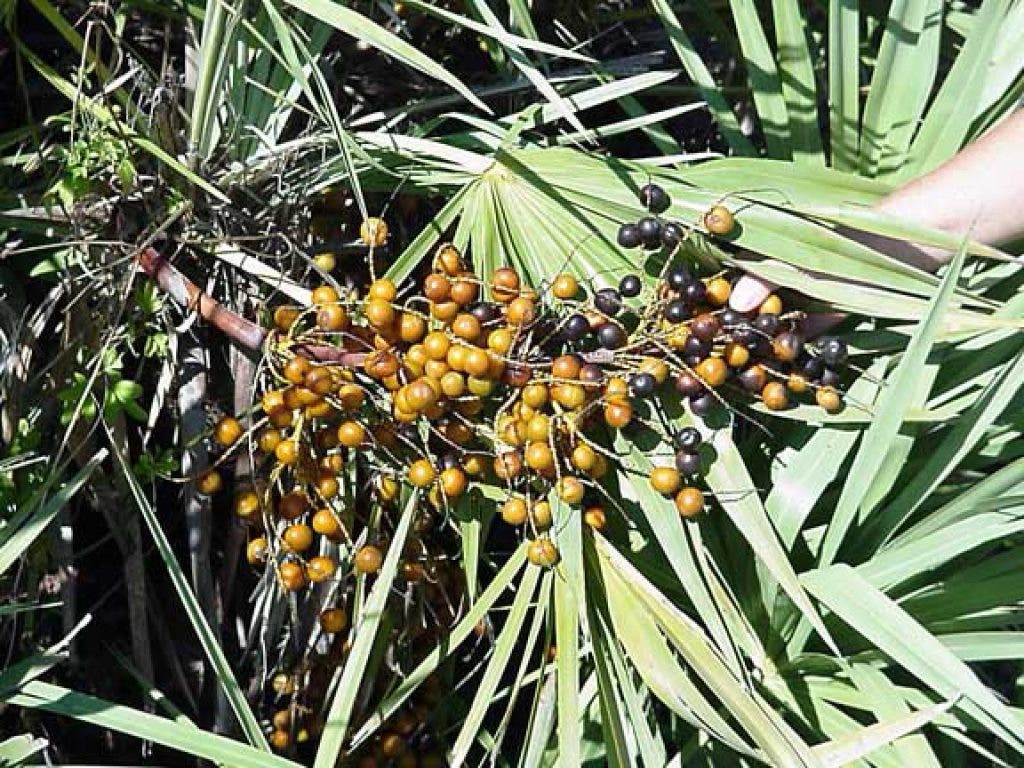By: Yunus .S. Saliu
As The Gambia’s Expanded Program on Immunization (EPI) marks 46 years of safeguarding lives from vaccine-preventable diseases, health officials are celebrating decades of achievement while confronting fresh challenges in a rapidly changing world.
To commemorate the milestone, a high-level workshop will be held on Friday, June 13, at the African Princess Hotel, bringing together key partners from the Ministry of Health, World Health Organization, UNICEF, World Bank, civil society organizations, and others. The event will serve as a platform for reflection, collaboration, and forward planning.
Launched in the late 1970s, the EPI has evolved from delivering six basic vaccines to currently offering protection against 16 deadly diseases. Its impact is visible across the country. Between 2000 and 2019, The Gambia’s life expectancy increased from 59 to 65 years, a rise largely attributed to improved public health efforts, including immunization.
In 2018, the World Health Organization ranked The Gambia’s EPI as a “robust immunization system” the highest rating in Africa.
“Vaccines are among the best investments any country can make,” said Mbye Jagne, Deputy Program Manager of EPI at Ministry of Health. “Every dollar spent on vaccination brings up to $44 in social and economic returns, according to WHO.”
Vaccine-preventable diseases not only claim lives but also drain national resources. WHO estimates that pneumococcal diseases, rotavirus, rubella, and measles alone cost the African continent over $13 billion annually including $10 billion from lost productivity due to premature deaths.
While the Gambia’s immunization program is regaining momentum after COVID-19 disruptions, the path forward is not without obstacles.
“There are formidable challenges,” said Jagne. “These include misinformation spread through social media, rapid urbanization, and an increasingly complex vaccination schedule.”
In urban areas, growing populations and lifestyle constraints make it harder for families to attend regular immunization sessions. Meanwhile, misinformation campaigns can undermine public confidence in vaccines, threatening decades of progress.
The expansion of the vaccine schedule, which now includes immunizations for adolescents and adults, presents logistical and awareness challenges. Many caregivers remain unaware of the newer vaccines or struggle to bring older children to health facilities.
The Gambia’s current National Development Plan (2023–2027) identifies immunization as a central pillar in the effort to ensure quality, accessible, and affordable health care for all.
EPI officials are calling for increased support, particularly in co-financing new vaccines, upgrading cold chain equipment, and strengthening disease surveillance systems.
Jagne expressed appreciation to the government for its consistent support, as well as to development partners like GAVI, WHO, and UNICEF for decades of technical and financial contributions.
He also acknowledged the invaluable role of communities, religious and traditional leaders, civil society, and especially the media, in raising awareness and encouraging vaccine uptake.
A special note of thanks was reserved for the Swiss Tropical Institute of Public Health, a GAVI partner, which has shown steadfast commitment to improving immunization performance in the country.
As the nation celebrates nearly five decades of immunization success, stakeholders agree that sustaining and expanding this legacy will require renewed investment, collaboration, and public trust.
“Our work is far from over,” Deputy Program Manager Jagne stated while noting “But together, we can ensure that every Gambian from infancy to adulthood is protected from preventable diseases.”





